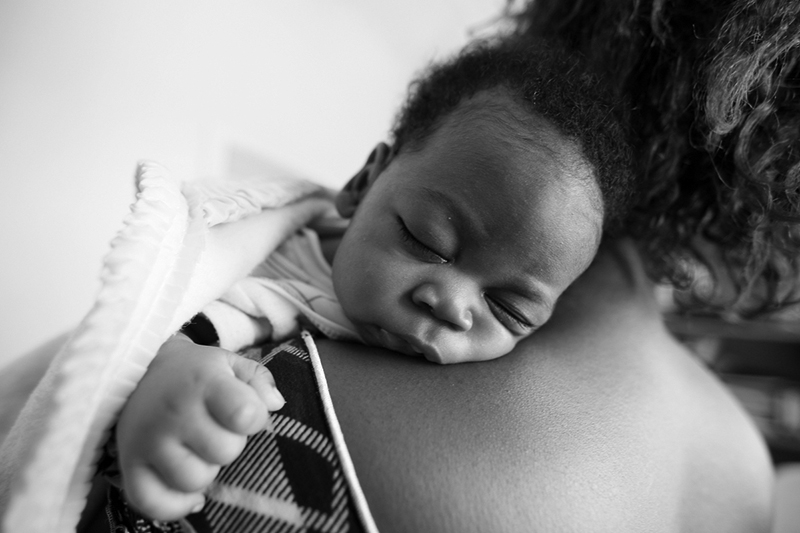The unmistakable smell of penicillin assaulted her nostrils as Aluko Bisola walked into the bustling lobby of the medical centre. Like the rest of the women awaiting their ante-natal checkups, she had registered for an ante-natal checkup (ANC), which required a routine of tests to determine her blood group and HIV status. It was during this fateful visit that Aluko discovered that she had HIV. Her composure shattered.
In Nigeria, where approximately 1.9 million people live with HIV, women bear a disproportionate burden of the epidemic, constituting 1.1 million cases. The risk of mother-to-child transmission (MTCT) of HIV remains a critical concern. However, advancements in medical science offer hope through antiretroviral therapy (ART), which effectively suppresses the virus in the body.
ART not only safeguards maternal health but also crucially reduces the risk of transmitting HIV to infants. Maintaining an undetectable viral load through consistent medication drastically lowers transmission rates to less than 1%. This breakthrough has transformed the landscape for women like Aluko, ensuring that motherhood can be pursued with reduced anxiety about passing HIV to their children.
During pregnancy, adherence to prescribed medications is paramount. Ensuring the baby receives ART for a period after birth further mitigates the risk, making the chances of transmission through breastfeeding minimal. Though breastfeeding carries some risk, many mothers opt for safe alternatives after six months to protect their infants.
Empowering Women through Health Education
Beyond medical interventions, empowering women with accurate health information is crucial. Regular consultations with healthcare providers throughout pregnancy and beyond ensure that both mother and child receive optimal care. This holistic approach not only addresses medical needs but also supports the mental and emotional well-being of women navigating the complexities of living with HIV.
Two years after her diagnosis, Aluko reflects on her journey with a profound sense of gratitude. Despite the initial despair, she now revels in the joy of a thriving family. Her story is a testament to resilience and the transformative power of accessible healthcare and education.
The journey of women living with HIV to safeguard their children from the virus is a testament to medical progress and unwavering determination. Through comprehensive healthcare, adherence to treatment protocols, and supportive communities, these women defy the odds, ensuring that future generations are born free from HIV. As global efforts continue to combat HIV/AIDS, stories like Aluko’s remind us of the resilience within every individual and the transformative impact of accessible healthcare.
Aluko Bisola discovered she had HIV during a routine ante-natal checkup in Nigeria, where women constitute a significant proportion of the 1.9 million people living with HIV. Despite the initial shock, advancements in antiretroviral therapy (ART) offer hope by significantly reducing the risk of mother-to-child transmission (MTCT) of HIV. Maintaining an undetectable viral load through ART can lower transmission rates to less than 1%. Adherence to prescribed medications during pregnancy and ensuring the baby receives ART after birth further minimizes risks, making breastfeeding safer.
Health education and regular consultations are crucial for optimal mother and child care, addressing both medical and emotional needs. Aluko's journey, marked by resilience, highlights the importance of accessible healthcare and education. Her story reflects the progress in HIV treatment and the determination of women to ensure future generations are born free from the virus. These efforts underline the transformative impact of comprehensive healthcare and supportive communities.






